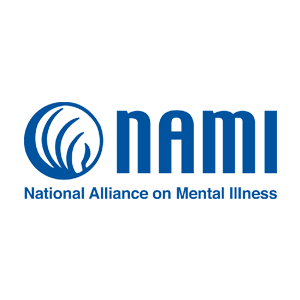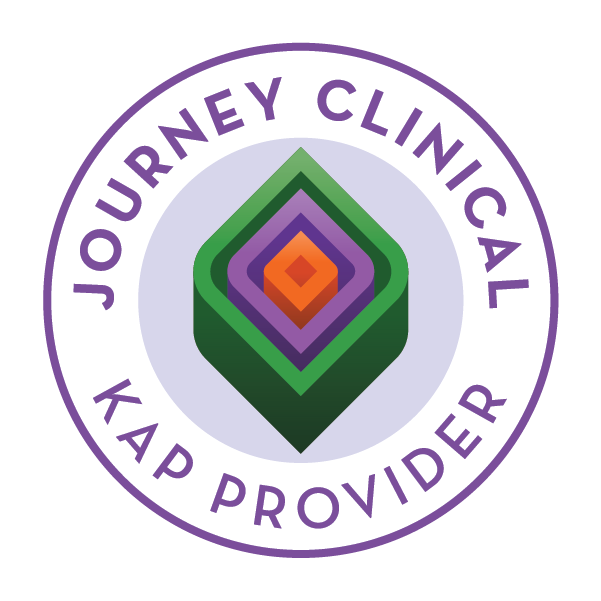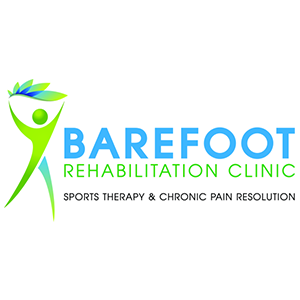Ketamine-Assisted Therapy for Resistant Depression: A Look Into the Benefits of This Powerful Modality
October 24, 2025
This is a subtitle for your new post

A brief introduction on Ketamine Assisted Psychotherapy (KAP)
- Ketamine Assisted Psychotherapy is a medicine that has proven effective in treating those with treatment-resistant depression, PTSD, and anxiety.
- This unique modality is safe and legal in clinical treatment, with its popularity increasing amongst licensed medical and mental health professionals
- The effects of ketamine last for approximately 45 minutes. Many have expressed that the feelings of ketamine are enjoyable and relaxing.
What is treatment-resistant depression?
- Treatment-resistant depression is a condition that is typically defined as the inability to achieve or experience a decrease in depressive symptoms after the integration of at least two different antidepressants for a significant time period.
- This condition can also be identified through the lack of response to both medication and psychotherapy.
The Role of Ketamine as a way to manage Treatment-Resistant Depression
Ketamine works to generate lasting symptom improvement for those with TRD through:
- Enhancing overall brain neuroplasticity:
Depression can significantly damage neural connections. Ketamine can support the regrowth of synaptic connections and increase neuroplasticity within the brain.
- Adapting to a variety of different brain chemistries, making it a personalized and highly valuable psychotherapeutic modality for TRD:
Ketamine assisted psychotherapy works within one's glutamate system, which sets it apart from antidepressants that typically work to target serotonin, norepinephrine, or dopamine. For those who are having trouble experiencing symptom relief through traditional antidepressants, ketamine can serve as a route that can help clients experience that first breakthrough.
- Promoting the growth of additional neural connections:
This process can be integral in helping clients develop new and healthier coping strategies. Ketamine can serve as an essential way to unlearn negative thought patterns, which can be monumental for those struggling to experience breakthroughs while living with treatment-resistant depression.
- Blocking overactive NMDA receptors and stimulating AMPA receptors:
Ketamine temporarily helps alter/stimulate brain receptors, which can amplify the brain's ability to form new synaptic connections and increase neural circuits that assist in stress and mood regulation.
- Generating rapid results and quicker relief of symptoms:
Ketamine can take the form of a fast acting anti-depressant which can last for up to 2 weeks. When paired with psychotherapy, within hours of administration clients may experience psychological breakthroughs, increased therapeutic engagement, and deep mind-body relaxation.
Increased breakthroughs through a safe and effective medicine
Our mission to integrate a unique and evidence backed modality to assist clients on their healing journey
Our mission to integrate a unique and evidence backed modality to assist clients on their healing journey
- Ketamine-Assisted Therapy (KAP) at Presence of Mind Therapy is both accessible and affordable for eligible clients.
- We partner with Journey Clinical, a platform that allows licensed psychotherapists to incorporate science-based psychedelic therapies like Ketamine-Assisted Psychotherapy in their practices.
- Clients can schedule a virtual consultation with a licensed clinician from the Journey Clinical medical team
- If eligible, clients can then move on to preparation sessions with a PMT licensed clinician. These sessions are vital to establish client-clinician alignment regarding this process and for setting additional intentions for KAP sessions together.
- Eligible clients will self administer ketamine lozenge while immersed in a relaxing, safe, and comfortable environment. A clinician is present at all times to support client needs while they are experiencing the effects of the ketamine.
- This is followed by integration therapy sessions that help clients debrief, process, and review memories and thoughts from the dosing session
If you are interested in exploring more about this modality, please email us at newclient@presenceofmindtherapy.com to discuss eligibility and next steps.
Presence of Mind Therapy Blog

What actually happens in therapy? This post breaks down the core elements of the therapeutic process, from the importance of the client-therapist relationship to informed consent, neutrality, and what therapy is (and isn’t) meant to provide. A grounded, compassionate introduction for anyone considering therapy.





















Share On: